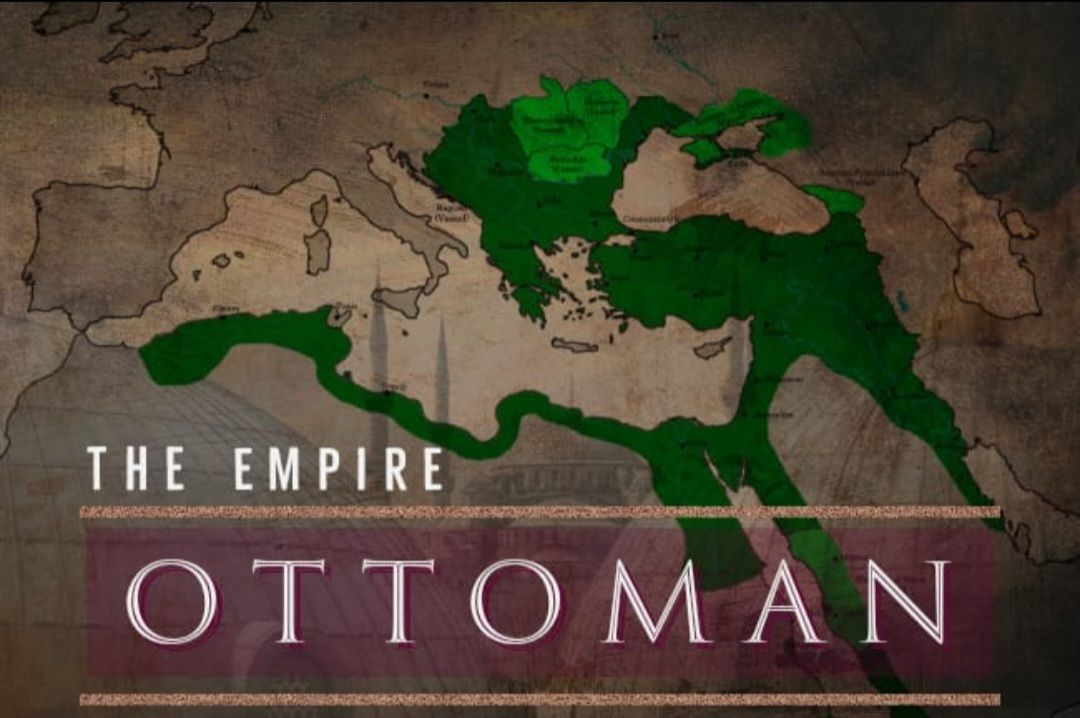
[34] The Ascent and Decline of the Ottoman Empire
In The Name of Allah, The Most Merciful, The Bestower of Mercy.
Sultan Abdul Hamid I
Continued..
Firstly, his visit to Europe with his uncle Sultan Abdul Aziz:
Sultan Abdul Aziz traveled to Europe accompanied by a high-ranking Ottoman delegation, which included Prince Abdul Hamid. He presented himself to the Europeans in simple attire, reflecting his virtuous character. He had prepared for this journey through extensive readings, demonstrating a keen insight and judgment regarding the things he observed in the West. The Ottoman delegation met with prominent political figures of that era in Europe, such as Napoleon III in France, Queen Victoria in England, Leopold II in Belgium, Wilhelm I in Germany, and Franz Joseph in Austria. This journey followed his earlier visit with Sultan Abdul Aziz to Egypt, where he became aware of the deceptive allure of European glamour and the adoption of European formalities, which led Egypt into debt due to the extravagant spending of Khedive Ismail Pasha, who sought to transform Egypt into a part of Europe.
His trip to Europe lasted from June 21 to August 7, 1867. The Ottoman delegation visited France, England, Belgium, and the Austro-Hungarian Empire. During this European trip, Abdul Hamid’s perspective broadened significantly, influencing his entire reign thereafter. The key aspects that impacted him included:
1: European life with its peculiar lifestyles, diverse ethics, and formalities.
2: Industrial and military advancements, particularly in the French and German ground forces, as well as the British naval forces.
3: The intricacies of global politics.
The influence of European powers on the policies of the Ottoman Empire, particularly the impact of Napoleon III on his uncle, Sultan Abdul Aziz, and the pressure exerted by Napoleon for him to support Minister Ali Pasha, despite Sultan Abdulaziz’s insistence that he was not under the influence of any foreign power.
During this journey, he came to the realisation that France is a nation of leisure, England is characterised by wealth, agriculture, and industry, while Germany represents order, military strength, and administration. His admiration for Germany was profound, leading him to entrust the training of the Ottoman army to them once he ascended to the throne. This journey significantly influenced Abdul Hamid, prompting him to focus on incorporating modern inventions into his state across various sectors, including education, industry, communication, and military affairs. Notable examples of this include his purchase of submarines, a new military technology at the time, his personal investment in bringing the telegraph to his country, the establishment of modern schools that included contemporary sciences, the introduction of the first automobile and bicycle, and the adoption of the metric system. However, he firmly opposed the spread of Western thought within his nation.
His journey to Europe also influenced his policy of independence towards Europe; he was not known to be swayed by any European ruler, regardless of their friendship or the closeness between their country and the Ottoman Empire. During this trip, he was particularly struck by the discussions that Grand Vizier Fuad Pasha was having with various European leaders.
During this journey, Fuad Pasha was asked, “What is the price for the island of Crete?” He replied, “It is the same price at which we acquired it”. This indicated that the Ottomans fought for 27 years to retain control over Crete. Fuad Pasha was also asked, “Which is the strongest nation in the world today?” He responded, “The strongest nation at present is the Ottoman Empire, as you are undermining it from the outside while we are doing so from within. Neither of us has succeeded in its destruction”. He learned from this the lesson of the ability to silence the forces that sought to destroy the Ottoman Empire, and he also acquired the skill of political dialogue, in which he later excelled. At the time of this journey, he was 25 years old.
An Excerpt from ‘Ad-Dawlah Al-Uthmaaniyyah Awaamil An-Nuhood Wa Asbaab As-Suqoot. 6/442-444

